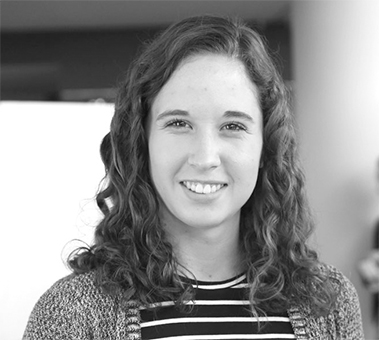Bethany Rennich
 Nelson Laboratory
Nelson Laboratory
Department of Biology
Brandeis University
Investigating Surf2 in the Context of Conditioned Taste Aversion
Poster Abstract
The ability to form associations between stimuli and consequences in the environment and turn them into long-term memories is an important survival mechanism. Conditioned taste aversion, a robust, single trial learning paradigm, offers a behavioral model to investigate changes in gene expression that contribute to memory formation. Here we study Surf2, a gene downregulated in excitatory cells of the basolateral amygdala following conditioned taste aversion. Cell culture methods were used to overexpress an HA tagged Surf2 construct. Immunohistochemistry and biochemical fractionation were used to analyze the cellular localization of Surf2 protein. The immunohistochemistry results suggest that Surf2 localizes primarily to the nucleus. Several attempts at biochemical fractionation failed to effectively separate the nucleus from the cytoplasm, leaving us unable to confirm the nuclear localization of Surf2. Further study will use in vivo viral overexpression to repeat the fractionation and immunohistochemistry experiments. In addition, behavioral experiments will determine the effect Surf2 overexpression has on memory formation.
Personal Statement
This summer, I worked closely with a postdoc mentor and other students in the lab. I applied a range of cell biology techniques to investigate how neurons regulate gene expression to effect changes in the network and produce long-term memory. Working on this project gave me the opportunity to learn and develop many new skills and techniques such as cell culture, virus production, western blot, and plasmid cloning. In addition, the academic side of science was emphasized by a weekly undergraduate journal club set up by our PI. Together, we learned how to read scientific papers, explored new ideas, and practiced effectively communicating scientific ideas. This experience has given me the opportunity to deepen my understanding of science and enrich what I have learned in the classroom. Furthermore, my work this summer has confirmed what I knew was a passion to pursue neuroscience research as a career, strengthening my desire to attend graduate school.